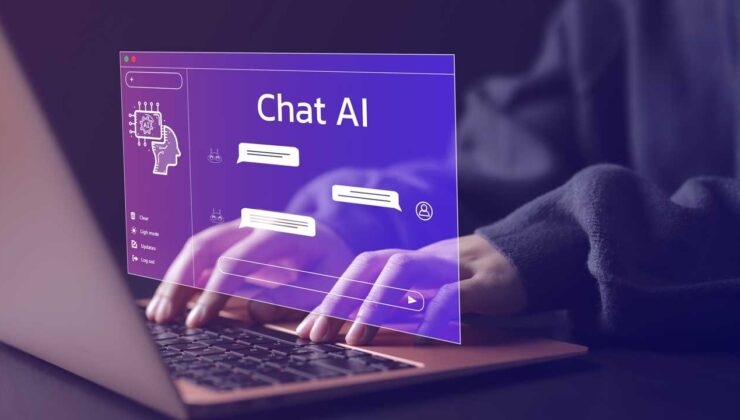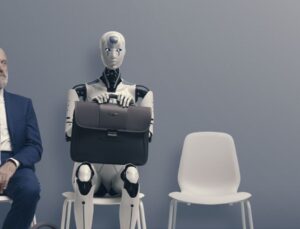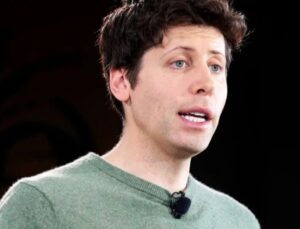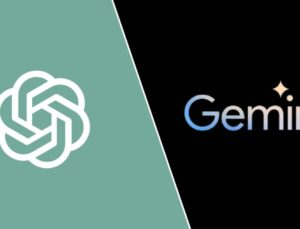Introduction to China’s AI Restrictions During Exams
In a significant move to uphold the integrity of its university entrance examinations, China has taken proactive steps to disable AI chatbots during critical testing periods. This initiative was orchestrated in close cooperation with the central government and intelligence agencies, aiming to prevent students from exploiting AI tools for unfair advantages.
Implementation of AI Restrictions
Major AI service providers, including Alibaba’s Qwen and ByteDance’s Doubao, have responded by disabling their question recognition and response functionalities specifically during exam hours. Similarly, other prominent platforms such as Tencent’s Yuanbao and Moonshot’s Kimi have completely shut off visual recognition features during this period. DeepSeek, another notable AI tool, has also enacted similar restrictions.
Student Reactions and Communication
When students inquired about these feature limitations, the AI chatbots conveyed that, “To ensure fairness in university entrance exams, this function cannot be used during the test period.” Furthermore, attempts to upload images of exam questions or seek AI-assisted solutions were met with responses indicating that such actions were “not in accordance with the rules.” Despite the widespread adoption of these restrictions, none of the participating companies issued formal public statements, leading to a largely informal awareness among students, primarily spread through social media platforms like Weibo.
Public Sentiment and Student Perspectives
Many students expressed frustration with the inability to utilize AI tools for assistance. One Weibo user shared their discontent, stating, “University entrance exam candidates, you are all terrible people. I can’t use DeepSeek to upload images, I have to re-download ChatGPT, and I hope you all end up in community college.”
The Significance of the Gaokao Examination
The Gaokao exam, a pivotal three-day university entrance test in China, is regarded as a crucial juncture for high school students aspiring to enter the country’s top universities. This year, an estimated 13.3 million students are scheduled to participate in this rigorous assessment. The exam spans approximately nine hours across three days, during which candidates are prohibited from using phones or laptops, effectively limiting access to AI tools.
Nevertheless, authorities remain cautious. While students are barred from AI during the test, exam administrators leverage advanced AI surveillance systems designed to monitor and detect disruptive behaviors, such as whispering or suspicious glances, which might evade human observation. According to China Daily, these AI-powered surveillance tools are integral to maintaining exam integrity and ensuring a fair testing environment.
 02:00
02:00




 News
News
 Tech
Tech
 Tech
Tech
 Tech
Tech
 Tech
Tech
 Tech
Tech
 Tech
Tech





